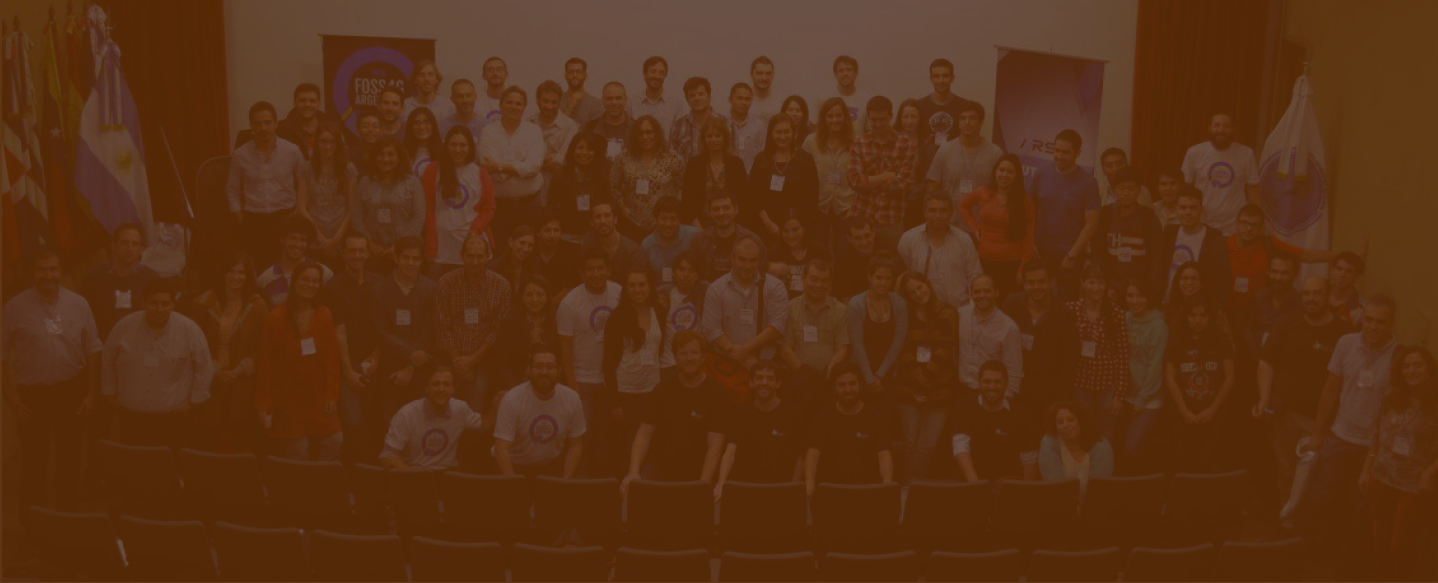2021-10-01, 10:30–11:00, Puerto Madryn
For hundreds of years, elders in Indigenous communities have shared their stories, their memories and their histories about their ancestral territory with their children and grandchildren. Without written languages, Indigenous cultures depend on stories and the generational bonds created through oral tradition to learn about the historical and cultural significance of their homelands. As colonization, deforestation and acculturation creep deeper into the Indigenous ways of life in the Amazon rainforest and elsewhere, that living memory is harder and harder to transfer from generation to generation. Consequently, younger Indigenous people do not get the opportunity to develop the same intimate relationship to the territory as their elders have.
To help keep Indigenous stories and storytelling traditions alive, we developed a methodology and built an accompanying free and open-source application called Terrastories. The application is available for any community in the world to map their oral histories, enable youth to learn about their culture in a fun and interactive way, and maintain sovereignty over their own data by making decisions about which stories are restricted and which are shared publicly.
For hundreds of years, elders in Indigenous communities have shared their stories, their memories and their histories about their ancestral territory with their children and grandchildren. Without written languages, Indigenous cultures depend on stories and the generational bonds created through oral tradition to learn about the historical and cultural significance of their homelands. As colonization, deforestation and acculturation creep deeper into the Indigenous ways of life in the Amazon rainforest and elsewhere, that living memory is harder and harder to transfer from generation to generation. Consequently, younger Indigenous people do not get the opportunity to develop the same intimate relationship to the territory as their elders have.
To help keep Indigenous stories and storytelling traditions alive, we developed a methodology and built an accompanying free and open-source application called Terrastories. The application is available for any community in the world to map their oral histories, enable youth to learn about their culture in a fun and interactive way, and maintain sovereignty over their own data by making decisions about which stories are restricted and which are shared publicly.
In this talk, I will present on the unique context in the Amazon rainforest in which the idea for Terrastories was born; talk about our journey into open-source development, and some of the lessons learned in managing an open-source community of volunteer software engineers; give a short demonstration on how the Terrastories application works; and conclude by posing some difficult questions around consent and data protection.
Kemper, Rudo. Digital Democracy.
Track –Use cases & applications
Topic –Indigenous Mapping / Pueblos Originarios
Level –1 - Principiants. No required specific knowledge is needed.
Language of the Presentation –English
Rudo Kemper works with Digital Democracy on the programs team, and leads the creation of the Earth Defenders Toolkit. Rudo also serves on the executive boards of Native Land Digital and the International Society for Participatory Mapping, and is one of the stewards of the open-source geostorytelling application Terrastories.

